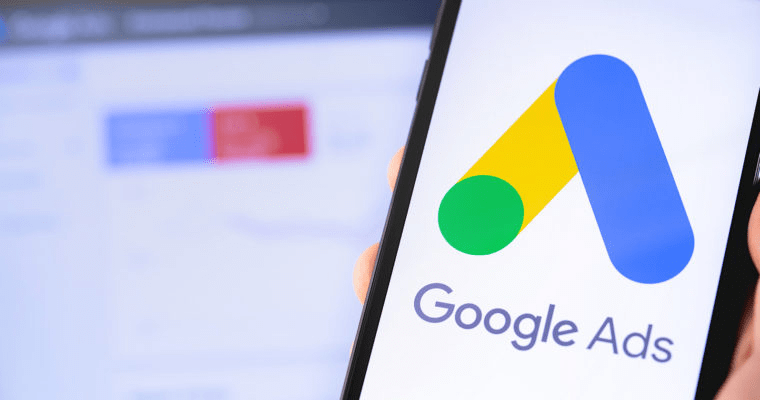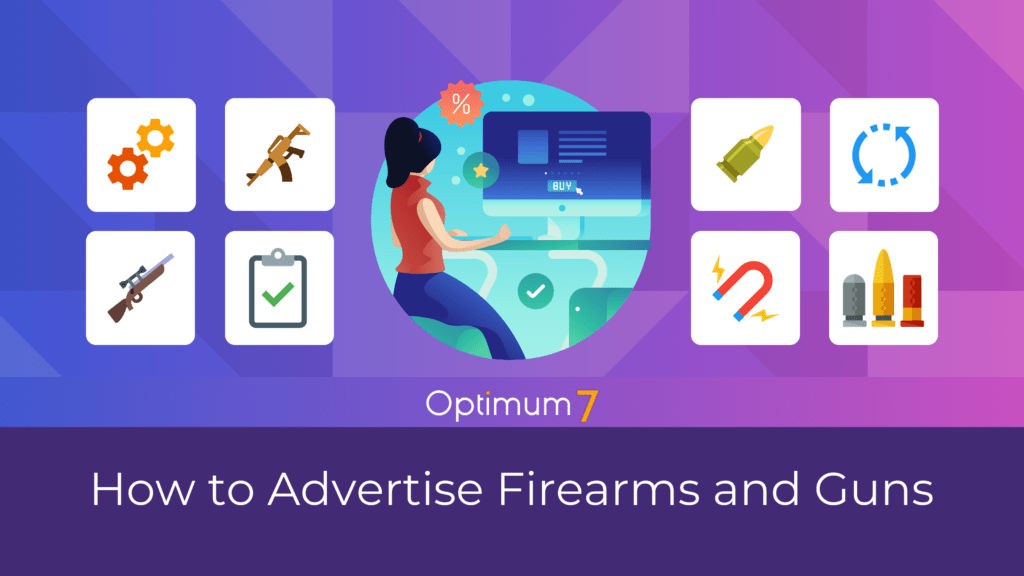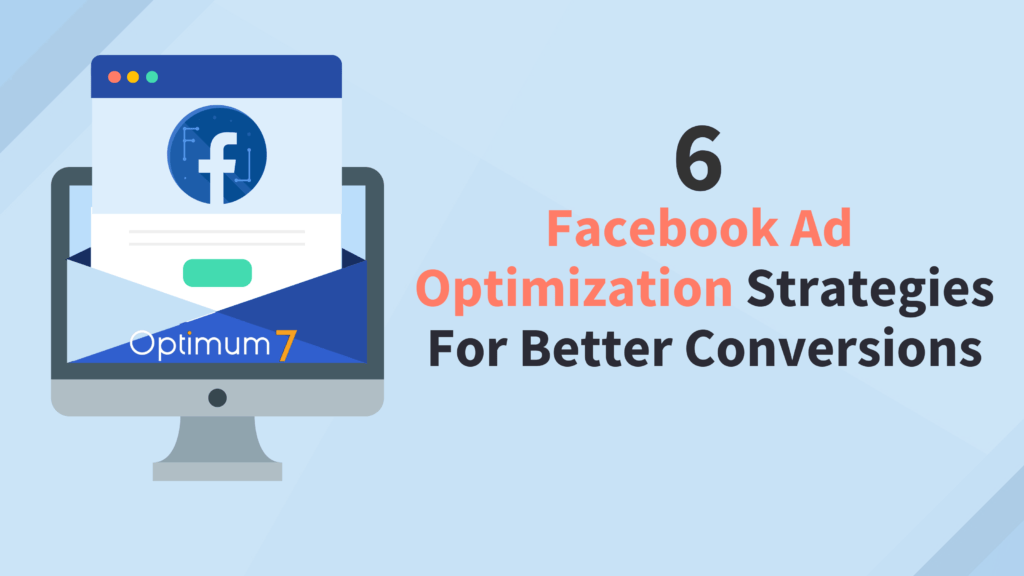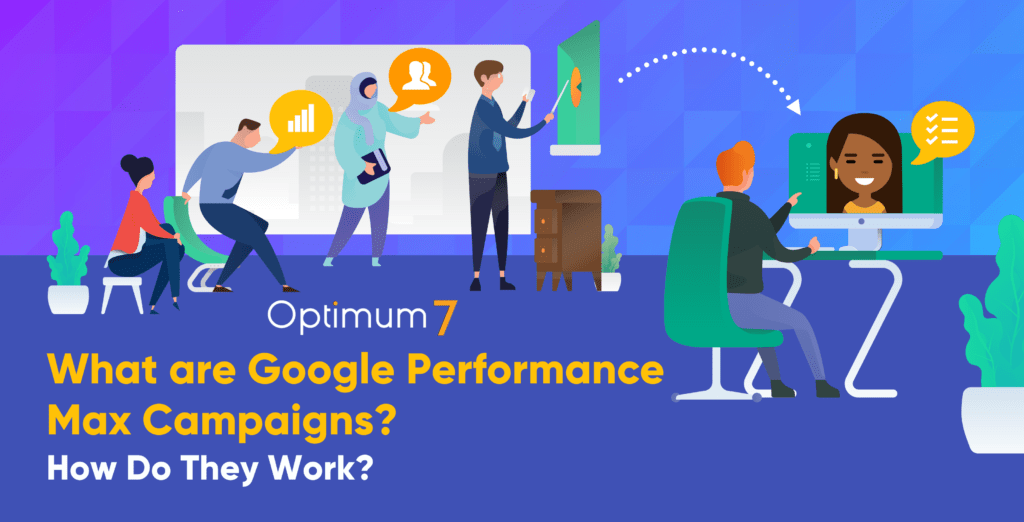Why use Google Ads for eCommerce businesses
Utilizing Google Ads such as Google Display Ads, Google Search Ads, Youtube Ads, Google Shopping Ads is crucial for eCommerce businesses looking to increase ad performance, and make the best out of their ad spend.
This article will be your how-to-run google ads guide to creating ad groups, dynamic search ads, utilize search network, and key points to create video ads for Youtube Ads.
When you consider that Google has a whopping 90% of the global search engine market with 5.6 billion searches done every single day and is by far one of the most powerful advertising platforms in existence, it’s no wonder advertisers are going crazy trying to figure out how they can use this platform for their own benefit!
And while there may be many different ways we could go about doing so such as Facebook ads, Programmatic, or email campaigns — all effective strategies themselves – when combined together with Google ads campaigns you’re leaving money on the table if not mindful of what they can do for your eCommerce business and PPC campaign strategy as a whole.
How do Google Ads Work
Google Ads gives you the opportunity to reach your ideal customer while they are actively searching for what it is that will interest them.
By bidding on keywords or phrases (search terms), Google ads appear at the top, bottom of sidebars, and in videos on YouTube – depending upon which type of campaign one chooses.
Winning these bids will depend on the relevance of your keywords, ad copy and headlines, and destination URL.
Some Terms You Should Know:
-Ad Group
Creating ad groups is a great way to create targeted ads within your Google Ads campaign.
You can use these various target audiences or varying copies for each individual group, and they’ll all be based on different keywords in one go!
Maintaining too many google ads becomes tough with lots going on (multiple products/services).
Google Ad Groups makes it easier to manage all of your ads in different campaigns.
-Daily Budget
Google Ads daily budget is the amount you’re willing to spend per day on an ad.
-Bid Strategy
Google’s many bid strategies are the way you set up how to pay for ad interactions – clicks, conversions, and impressions.
Google offers a variety of bids depending on what network you are using as well as targeting options.
This ensures that there is always an option tailored specifically towards meeting each individual’s objectives!
-Destination URL
The destination URL for Google ads is what you send the potential shopper after they click your advertisement. This setting can be set at an individual level or group one if there are multiple ads in that particular campaign and not seen by users, which may seem like it would defeat its purpose but actually helps with targeting customers efficiently!
1. Utilize Campaign Goal Settings
When you create new google ads campaigns, set your goal first.
Setting the right goals will help ensure that campaigns are successful and bring in more potential customers for your business.
You have to know what you want the advertisement to achieve if you want it to be successful.
Google Ads provides you with a variety of settings to fit your needs but only allows for one option. The goal of each campaign is to help you better manage your Google Ads.
Selecting the one will limit ad format options for later, but picking one of the 7 settings doesn’t affect the performance of your ad at all!
-Sales – Sales option will help you increase your click-through rate by suggesting changes to the bidding and budgeting strategies.
-Leads – Improvements to audience targeting, extensions, and ads.
-Website Traffic – Helps you to get the most out of your ad with some dynamic strategies. Use headlines that will get people clicking and bidding, extensions for increased conversions!
-Product and Brand Consideration – Improvements for automated bidding, targeting, and advice for visually appealing ads that help drive engagement.
-Brand Awareness and Reach – Strategies for creating compelling visual ads and bidding strategies to attract more views.
-App Promotion – Helps you to do changes to bidding strategies that may increase clicks and potentially app downloads.
-Create a Campaign Without a Goal’s Guidance
2. Do Youtube Video Ads Campaigns
You know how when you’re watching YouTube, and youtube ads pop up in front of one of your favorite videos? That’s how video ads work.
Integrating with the YouTube interface, these videos will be automatically played.
Users are forced to watch at least a part of it which makes them less likely than ever to be just clicked away in a millisecond without even knowing what it is.
You’ll be able to grab your user’s attention with the right keywords, positioning you in front of a video.
3. Google Search Ads
Google Search ads are a well-known platform for eCommerce google advertisers to promote their products and services.
This is due in large part because of the longevity that it has had as one of Google’s flagship ad platforms, which also pre-date its name change from “Adwords” (previously known).
A searcher using keywords specified by customers will see text ads when they search on Google; however, unlike other types like Shopping Ads where pictures or videos could make them more interested in what you offer, this form only allows users brief but informative messages above customer’s search results.
These can contain up to 40 characters per line including spaces without counting towards your word count! As mentioned before though – since these appear solely within searches done via computerized keyword selection methods.
The structure of successful search campaigns is crucial. Without the right structures, your ads may not show up for certain keywords and you could miss out on potential customers in need of what you sell!
It’s important that when designing an organic marketing plan or running paid campaigns like Google AdWords advertising services-you have an organized system so everything can go off without any hiccups.
Think of Search ads as the bread and butter of your marketing strategy, bringing a steady stream of traffic when used as part of the right campaign strategy and optimized to their fullest potential.
4. Google Shopping Ads
A lot of people are scared by Google Shopping Ads, and that’s mainly because they don’t know how to get started. If you’re unlucky with your early work- it can be pretty technical!
But if we manage past this obstacle then there is an entire world of opportunities ahead for us…
There are no two ways about it: You’ll want some patience (or maybe a little help) while going through all the technical steps in setting up your campaign on Google Shopping Ads – but once done, things will really open up before you; opportunities like never before exist online now thanks to GSA.
Google Shopping offers two different types of campaigns: Smart Shopping and Standard. The first thing you’ll want to decide when setting up your new campaign is which type suits best for what YOU need?
The difference is Smart Shopping Ads automates a lot of the things that you do manually with Standard Shopping Ads.
With smart shopping you can’t control bidding, choose where your ads show up, customize which search queries you are showing up for.
Smart shopping may seem like a direct route into profits or even more success than expected when in reality there are many obstacles along this journey including complexity reduction leading towards potential problems later down line such as profitability.
Best eCommerce google ads strategy to create ad groups for shopping ad campaign: Google Shopping or Search Ads, both if possible.
The best way for eCommerce platforms to dominate the market is by investing in both types of ads, which can lead you from a customer who knows about your products through search engines all the way up until they make their purchase decision at checkout on one website with an account already set-up if that’s what suits them better while also giving people more exposure across different channels so there is no dead zone or “no go” areas where customers don’t see anything related to what s/he might like even though someone else may advertise alongside him/her.
5. Optimize your Ad Landing Page
Landing Pages Should Look Like The Ad
Optimizing your ad landing page is as important as optimizing your Google Ad.
What does your user see once they click the ad? Is it optimized to help them with their conversion and getting what they came in for?
Or could there be room for improvement by making some changes that’ll make a difference in how smoothly someone is guided through this process of buying from you!
You can’t have great Google Ads without solid landing pages, plain and simple. And yet, Google offers no landing page assistance (outside of a few tips) within Google Ads.
Landing pages are the backbone of your ad campaign. They’re where you collect people’s information and entice them into taking some form of action, be it purchasing an offer or signing up for a newsletter with plenty more opportunities in between.
Yet when it comes to building these crucial landing page assets outside of Google Ads (which lack any kind of assistance), marketers often find themselves left without much guidance from their search engine partner on how best to approach this task.
Landing pages are not the easiest way but the best way to ensure your google ads doing a good job promoting your business.
They typically require a developer, graphic designer, and hosting environment which is time-consuming as well as expensive for many small businesses with limited budgets.
6. Utilize Negative Keywords Wisely
A type of keyword that prevents your ad groups from being triggered by a certain word or phrase.
Your campaign won’t appear on google search ads or google shopping ads for anyone who’s searching for the negative keywords you’ve added to it.
So this can be an effective way to broaden its reach without risking any unwanted exposure on less desirable sites where advertisers might not want their ad placed due to subject matter concerns.
7. Target Audience Is Important For Your Campaigns
You should always be targeting the right audience for your ad campaigns. That means when you’re running a campaign and want to make sure that only people who will really care see it.
You’ll need an accurate target group of potential customers or users in order to get their attention. When advertisers know who they are trying to reach out to and get an impression from then bidding can change in order for those ads to show up on certain searches or even website pages with high-intent people viewing them more often than others.
To make sure that you’re not wasting money by only showing these types of audiences targeted on google ads but also while browsing through other sites where our company has advertisements such as billboards near highways which may lead someone down a different path but still within range considering how broad internet marketing has become over recent years.
8. Improve Your Call to Actions
If you want your ad to be effective, call-to-action is important in any PPC campaign.
This can mean everything when customers don’t buy at first contact because they need some convincing before taking action on what website might suit them best.
By analyzing entire journeys of potential clients and seeing where information about products/services could’ve been more compelling; this will help with pinpointing weak spots that entice people instantly so there’s no hesitation between browsing through sites all day long vs making one decision now!
9. Dynamic Keyword in Ads
The most popular strategy for adding keywords to your ad is dynamic keyword insertion.
This technique updates the text of an advertisement based on what customers are searching for, but it does not always work well with certain industries or products because there may be too many variations to choose from for advertisers who use this method.
Avoiding the use of wrong codes is important, especially if you have any errors with brackets and other minor mistakes. And, misspelled words also need to be fixed because they will show up in your ad as well.
Inserting brand keywords into headlines can make them seem unrelated from their landing page which could bring confusion for customers looking at our ads online
Mismatched code may not end up doing much harm; however, when spelling or grammatical errors occur they’ll most likely draw people’s attention away from what you are trying to promote rather than attracting new leads!
10. Schedule Your Ads Do Ad Rotations
It’s a good idea to leave your Google Ads campaign set at the default setting for the first time.
This will run your ads 24/7 and allow you to gather data about which times of day or days perform best for advertising, so that way when it comes time to make any changes in future campaigns they’ll already be aware from past experience how things work out with certain scheduling options.
So, you’ve two options now when it comes to ad rotation, let google optimize your rotation or don’t.
If you let google optimize your settings it will prefer best performing ads and if you don’t it will rotate ads indefinitely.
12. Google Display Network
Google Display Ads are a great way to advertise your business on Google’s vast network of properties and websites.
They can include YouTube ads, Gmail, Google Search Ads, Smart Google Shopping Campaigns 2 million-plus third-party sites that show ads from AdSense (including map links); even individual apps if you want an even wider reach!
Achieving high impressions when running a display ad is tough enough without adding another channel for management which may be difficult at first glance.
But don’t worry because all these features live under one roof with just one interface where it matters most – advertising tools like text campaigns, image downloads, etc.
13. Optimizing Your Google Campaigns
Google campaign optimization can make a huge difference between getting sales and going over budget, but it’s not as complicated or difficult to manage as many online advertisers believe.
You should be monitoring your ad spend anyway with Google Campaigns because if you don’t then there may come a point where all of that hard work goes down the drain – aka “budget doom”.
The benefits are worth taking time on even though this seems like one more thing for marketers to worry about beyond just their own campaigns!
5 Tips For Optimizing Your Google Shopping Ads For eCommerce
1. Your Store’s Best Sellers Should Be Prioritized
One of the easiest ways to grow your ROAS is by identifying historic best sellers.
You can then use this strategy with a tiered approach, where you bid higher on those products or groups in order for them to get purchased more often than other ones which may never sell at all.
But it’s important not just to focus solely on how much money was made; also to take into account customer acquisition cost (CAC), the conversion rate from leads/conversions into sales opportunities, etc., plus any relevant metrics like revenue per visitor(PV). Google Analytics gives us insight as well!
One quick way is that many businesses are able to obtain greater returns on advertising expenditures (ROAS) without having too much difficulty implementing. Mastering Google Analytics and Google Ad Extensions on your google ads account will get things done quicker for this tip.
2. Bid More Aggressively on Specific Search Phrases
No matter what your campaign objective is, choosing the right Google Ads bid strategy and implementing a solid strategy for adjusting bids will make sure you stay on budget for your eCommerce ads.
If not done properly, this can lead to wasting entire ad budgets with just one or two clicks of incorrect button presses!
So rather than taking risks when making changes in these areas- go ahead and be safe by testing different strategies before committing fully so as to best know where most efficiently place all available money while still achieving desired results.
-Target Cost Per Acquisition
Target CPA bidding is a powerful and effective strategy for optimizing conversions.
You can use it if your campaign’s goal is to drive more leads or even just want the ad space those users see in order to create an advantage over other advertisers who may be using less targeted methods like blanket auctions.
Targeting specific costs per conversion will ensure that Google Ads automatically sets bids based on what they think are most likely going to produce high-value prospects.
And since this model takes into account both acquisition cost and revenue potential once he/she becomes a paying client with repeat business; there should never again needlessly waste money chasing low-value customers!
-Target Impression Share Bidding
If you’re looking to dominate the competition in your industry, then Target Impression Share is a smart bidding strategy for Google Ads.
This google ads strategy aims to help brands reach as many people as possible through their google ads while maximizing brand awareness on search engines.
The idea behind Target Impression Share is that advertisers will get more bang-for-their buck when they use this targeting option, such as dominating “Kids Toys” search queries.
3. Optimize Your Strategy for Mobile Too
When you’re optimizing for different devices, it can be difficult to know which set of keywords or campaigns will work best.
The key is determining what historic mobile-only ROAS your company has had and repeating a search query analysis tier with this in mind – this time segmenting customers into groups accordingly so that they have six possible tiers: three desktop/three smartphone users (if there are two).
This may sound like an overwhelming task but if done correctly could produce very successful results!
4. Use Smart Shopping Campaigns
You can simplify your campaign management, maximize conversion value and expand reach with Smart Shopping campaigns.
This unique type of ad features all the best parts from Standard Shoppers/Displays combined!
Plus it uses automated bidding to promote products on multiple networks for you automatically without any input or expertise needed – at a price that’ll make sense too (you know what they say: good things come cheap).
5. Use Dynamic Search Ads for Your eCommerce Website
Dynamic Search Ads are a must-have campaign if you want to lower your ad spend and show up in search queries more. When used with Google Shopping and Search Ads it has a lot of benefits for your ad group
14. Branded Search Campaigns for eCommerce Business
Creating branded Google Shopping campaigns can be very effective. The strategy here is to target people who are actively looking for a specific brand of product. And as we know, when you target people who are actually searching on google search for what you’re selling, you are more likely to convert them.
To ensure your success in the long term, it is important for you to start with branded keywords for your google ads.
This allows you to get quick results and dominate search engine optimization (SEO) pages while also ensuring that there’s less competition than on general keyword searches which will save money when bidding or marketing campaigns due to budget constraints.
Bidding on a specific term helps owners of online stores have greater control over their branding message as well; meaning no one else can enter into those auctions looking like they might want what he has.
15. Do Google Remarketing Ads
Remarketing Ad is a great eCommerce PPC ad campaign type for online stores.
There are many remarketing campaigns types you can test google ads with, including customer list remarketing and display lists- which means the ads will show up on your own site!
These can help increase conversion rates by reaching specific audiences who have already shown interest in your products or services on a previous visit via advertisements on other websites they may use frequently.
It’s important when creating remarketing ad strategy not only to consider what message will be most persuasive but also make sure it aligns well with current branding – something we call ” matched marketing”.
Dynamic Remarketing lets retailers retarget customers who have already looked at their products but didn’t buy them or take any action with an updated offer based on what they might need now instead of then; Video Remarketing use video content so viewers get more engagement while shopping as well as allowing marketers to make sales before anyone else does by capturing these interested parties in real-time (and potentially much quicker than if somebody just Googled ” Basketball Shoes
Conclusion
You can’t underestimate the power of Google ads. Optimum7 does a great job with its PPC advertising strategy, and we have an excellent track record for optimizing ROI on PPC campaigns! Contact us for an audit today.
Our Process
Research – We use data and analytics to find a niche where your PPC and paid search campaigns can thrive online.
Implement – We create your custom ads, publish them, and use data and analytics tools to track their impact and performance.
Optimize – PPC and paid search let companies perform rapid-fire A/B testing to let them make effective data-driven messaging decisions.
Learn More About PPC and Paid Search Campaigns here.






